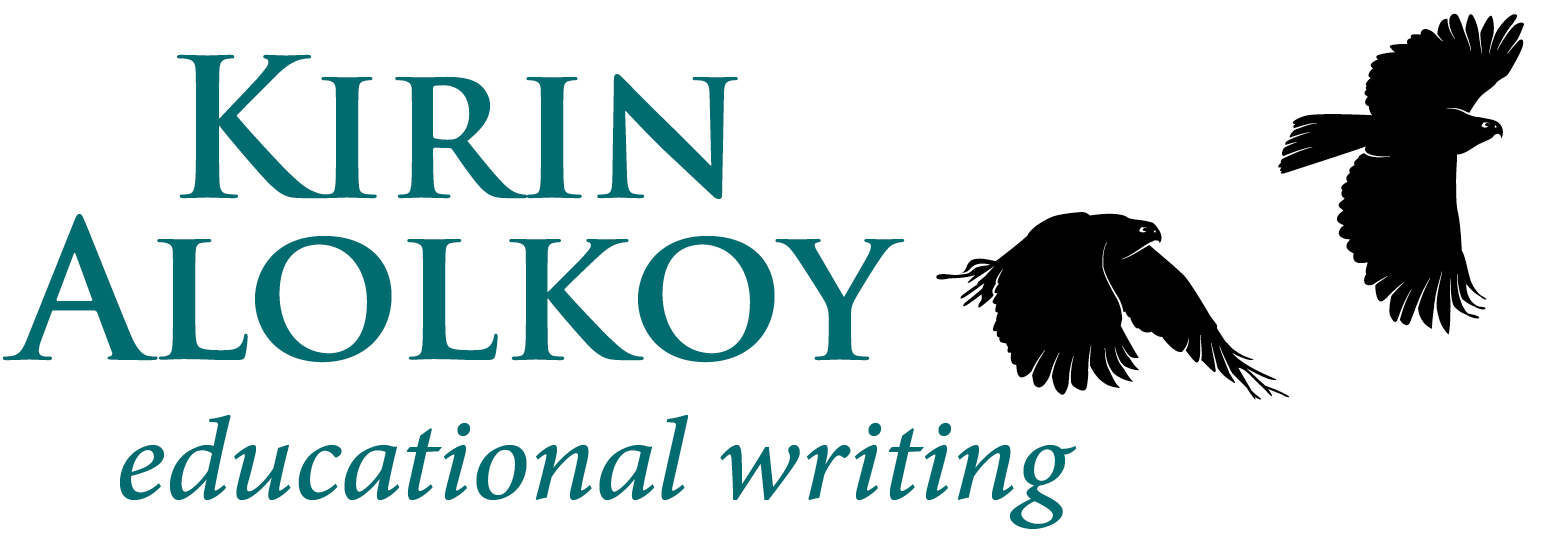Leveled Reading
Leveled text has been carefully crafted to match a particular reading level. Children at different levels of reading mastery need books that build on existing reading skills while not being so challenging that reading becomes a frustrating and anxiety-producing experience. Guided reading programs use books at graduated levels of difficulty so children progress as they master a particular reading level and so their comprehension and fluency increase at each level.
A great deal of research has been done to determine the order in which reading skills are best acquired. For example, present-tense verbs are mastered before past and future verbs, and simple sentences (with one subject and one verb) come before complex and compound sentences. Leveled books take all these sequential factors into account.
Writing leveled text involves both qualitative and quantitative measures. It includes consideration of a long list of factors, including:
Predictability • Text structure and organization • Concept load
Illustration support • Word count • Number of different words
Number of high-frequency words • Word complexity
Sentence length • Sentence complexity • Much more
Educational publishers use a variety of systems for assessing reading level. I have been writing leveled text since 2001. I’ve worked with many educational publishers and have used a variety of leveling systems, including:
Lexile • Fountas & Pinnell
Flesch-Kincaid • Spache
Reading A–Z’s proprietary text leveling system
I’ve also received extensive instruction in Benchmark Education’s proprietary English Language Learner (ELL) guidelines and have implemented those guidelines in dozens of writing assignments.



